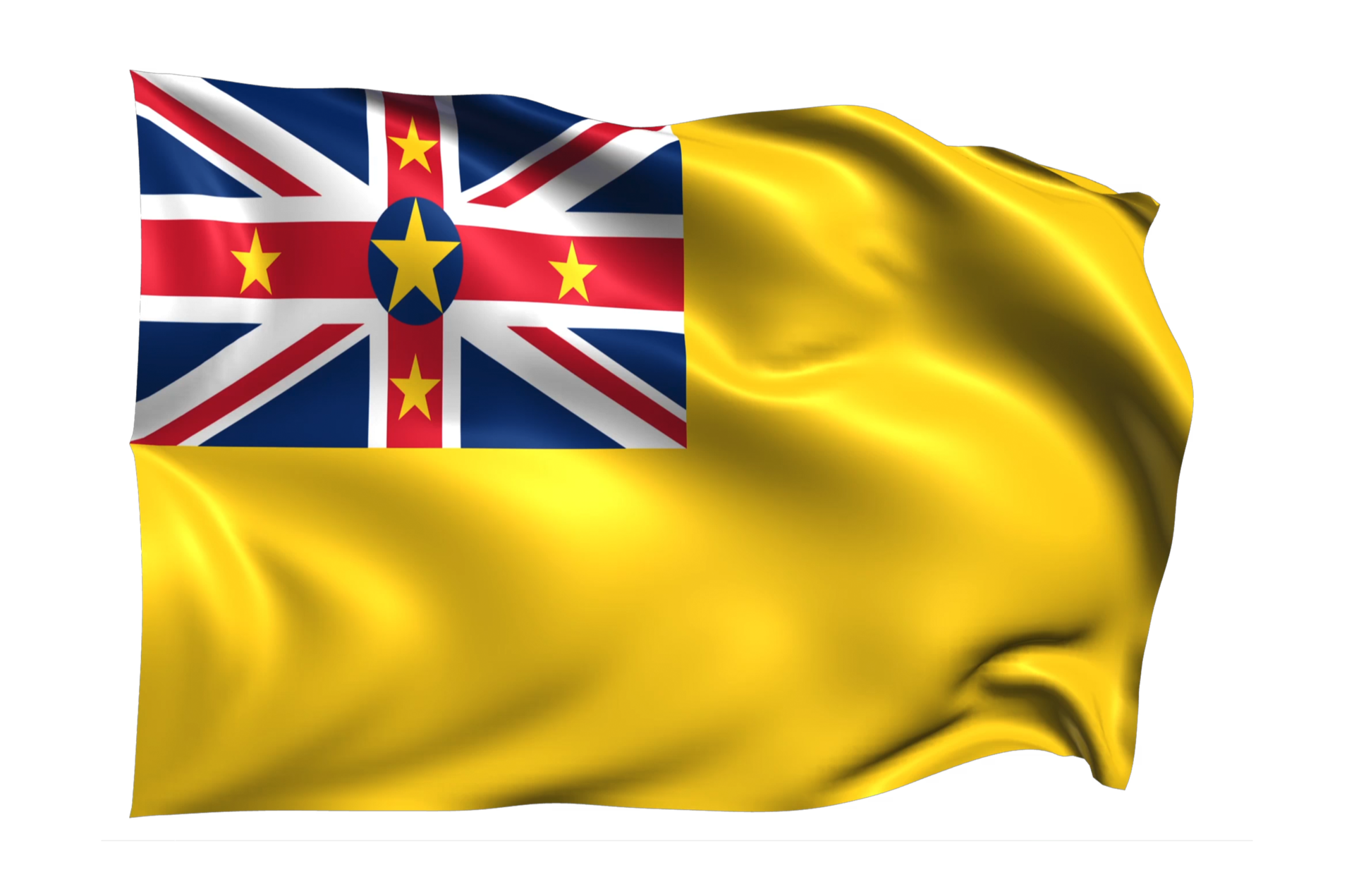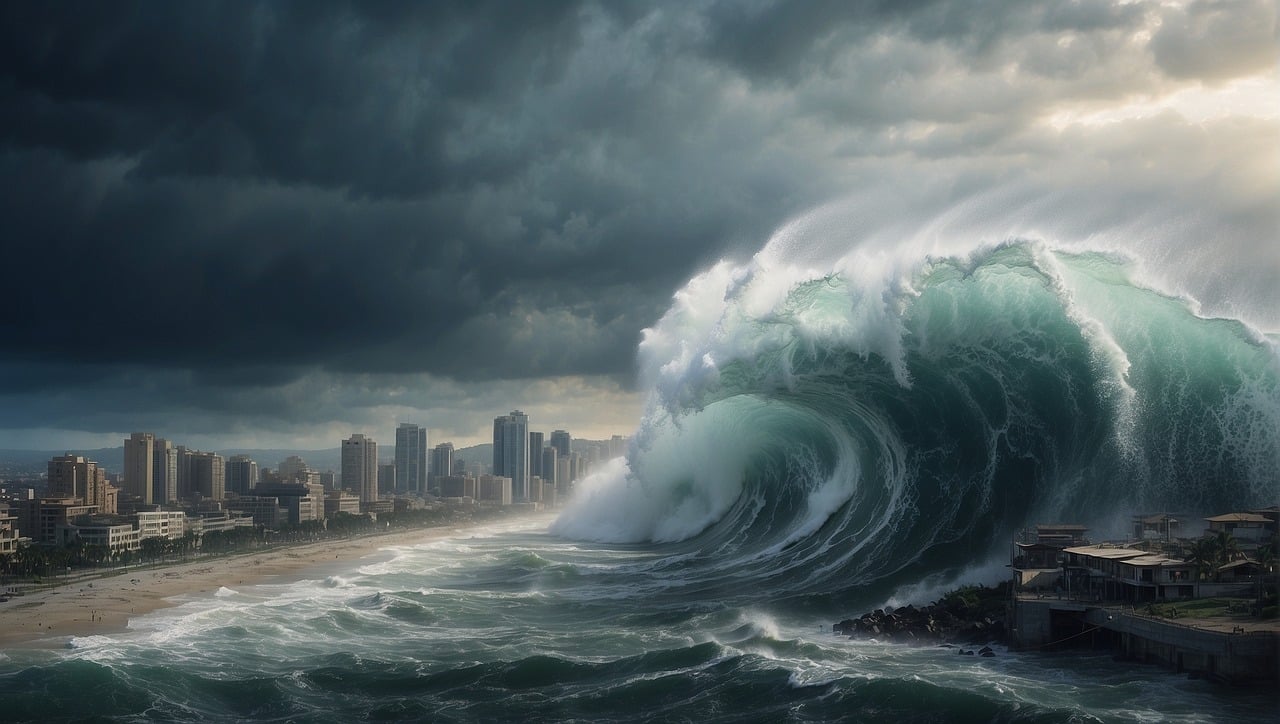by Martin Haffner Associate Editor
In the heart of the Pacific Ocean, a hidden gem of mesmerizing beauty and historical significance lies untouched by colonial influence for millennia. The island of Niue, renowned for its stunning natural environment and rich cultural heritage, has the remarkable distinction of not having been owned by another country for over 3,000 years. This small yet vibrant island represents a unique facet of Pacific history and offers a glimpse into the resilience of indigenous cultures.
While often overshadowed by its more famous Pacific neighbors such as Fiji and Tahiti, Niue is a limestone coral island located approximately 1,500 kilometers northeast of New Zealand. It boasts a land area of just 261 square kilometers, making it one of the world’s largest coral islands. The scenic beauty of Niue is characterized by rugged cliffs, lush green forests, and crystal-clear waters teeming with vibrant marine life. The island is often referred to as the “Rock of Polynesia” due to its geological formation and cultural heritage.
Niue’s long-standing affinity with its cultural identity is a testament to the islanders’ determination to preserve their traditions and way of life. The earliest settlers of Niue, believed to be Polynesian navigators, established a thriving community that has maintained its customs and traditions for centuries.
Unlike many Pacific islands that experienced waves of colonialism, Niue’s inhabitants have retained significant aspects of their Polynesian culture. Local governance is based on traditional systems, and the people take immense pride in their musical heritage, craftsmanship, and storytelling traditions. Festivals and community gatherings reflect the vibrant spirit of Niue, where the local language and customs play a crucial role in everyday life.
In 1974, Niue became a self-governing territory in free association with New Zealand. This arrangement allows the island to make its own decisions regarding internal affairs while the New Zealand government remains responsible for defense and foreign affairs. This unique relationship has enabled Niueans to cultivate a strong sense of autonomy, further solidifying the island’s enduring legacy of independence.
In recent years, Niue has also focused on reinforcing its sovereignty in contemporary issues, such as climate change and environmental protection. As a low-lying island vulnerable to rising sea levels, the people of Niue have taken proactive measures to protect their environment and way of life, showcasing their resilience to global challenges.
Niue’s stunning landscapes are a significant draw for tourists seeking an off-the-beaten-path destination. The island features several natural wonders, including breathtaking limestone cliffs, hidden caves, and lush jungles. The coral reefs surrounding the island offer some of the best diving and snorkeling opportunities in the world, allowing visitors to immerse themselves in an underwater paradise filled with diverse marine life.
Local tourism is based on sustainable practices, and the island focuses on preserving its natural beauty while welcoming visitors. Initiatives to promote eco-friendly travel are integral to Niue’s tourism strategy, ensuring that future generations can enjoy the island’s splendor.
Niue stands as a stunning testament to the power of resilience, cultural preservation, and self-governance in the face of historical adversity. As the island continues to thrive without the influence of colonial powers for over 3,000 years, it offers an inspiring story of independence intertwined with breathtaking natural beauty.
For those seeking an authentic experience in the Pacific, Niue is a destination that promises not only adventure but also a rich understanding of the enduring spirit of its people. As regional and global challenges evolve, the island remains a beacon of hope and a reminder of the strength of indigenous cultures worldwide.



